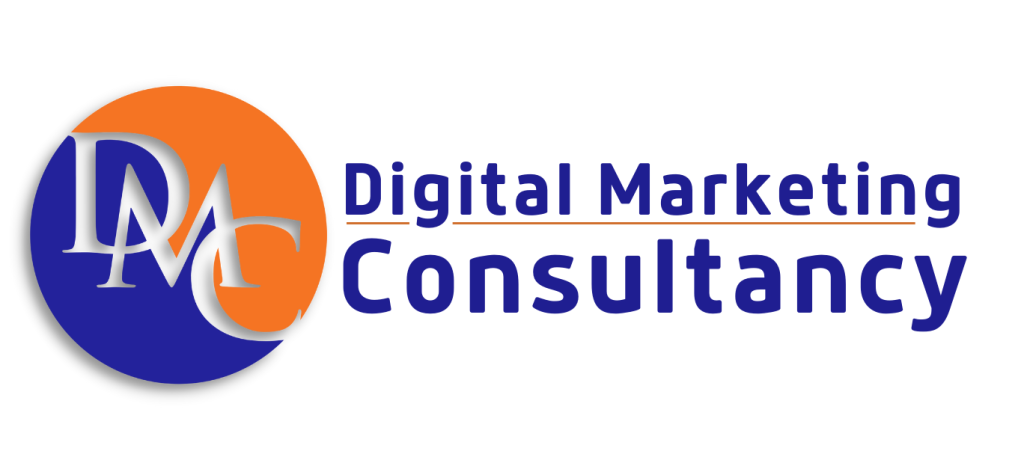Building a website can be an exciting and fulfilling experience, especially when you understand the key elements that contribute to its success. In this beginner’s guide to website development, we’ll explore why it is crucial for businesses to have a website that is user-friendly, regularly updated, and loads quickly.

Enhancing User Experience:
A user-friendly website is essential for businesses as it creates a positive experience for visitors. When your website is easy to navigate, with intuitive menus and clear content organization, visitors are more likely to stay longer and explore what you have to offer. By prioritizing user experience, you can increase engagement, encourage conversions, and build a loyal customer base.
Keeping Information Current:
Regularly updating your website is vital to provide accurate and relevant information to your audience. Outdated content can mislead visitors and potentially harm your reputation. By regularly refreshing your website with fresh content, such as the latest news, product updates, or blog posts, you demonstrate that your business is active, trustworthy, and committed to providing valuable information.
Improving Search Engine Visibility:
Search engines prioritize websites that are regularly updated with quality content. By consistently adding new pages or updating existing ones, you increase your chances of ranking higher in search engine results. This, in turn, helps drive organic traffic to your website and exposes your business to a broader audience.
Ensuring Fast Loading Speeds:
In today’s fast-paced digital world, users expect websites to load quickly. Slow-loading websites can lead to frustration and drive visitors away. Optimizing your website’s performance by reducing page load times, optimizing images, and using caching techniques can significantly improve the user experience. A fast-loading website not only keeps visitors engaged but also has a positive impact on search engine rankings.

Mobile-Friendly Responsiveness:
With the increasing use of smartphones and tablets, having a website that is responsive and mobile-friendly is more important than ever. A responsive website automatically adjusts its layout and content to fit different screen sizes, ensuring a seamless user experience across devices. By catering to mobile users, you expand your reach and cater to a growing audience.
By prioritizing a user-friendly design, regular updates, and fast loading speeds, businesses can create a website that attracts and retains visitors, improves search engine visibility, and enhances overall online presence. Remember, website development is an ongoing process, and by continuously monitoring and optimizing your website, you can adapt to evolving trends and meet the needs of your audience effectively.


